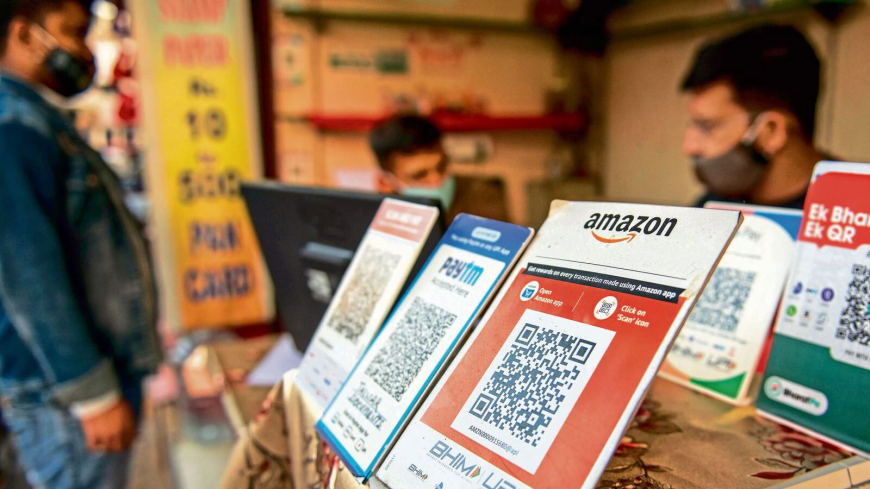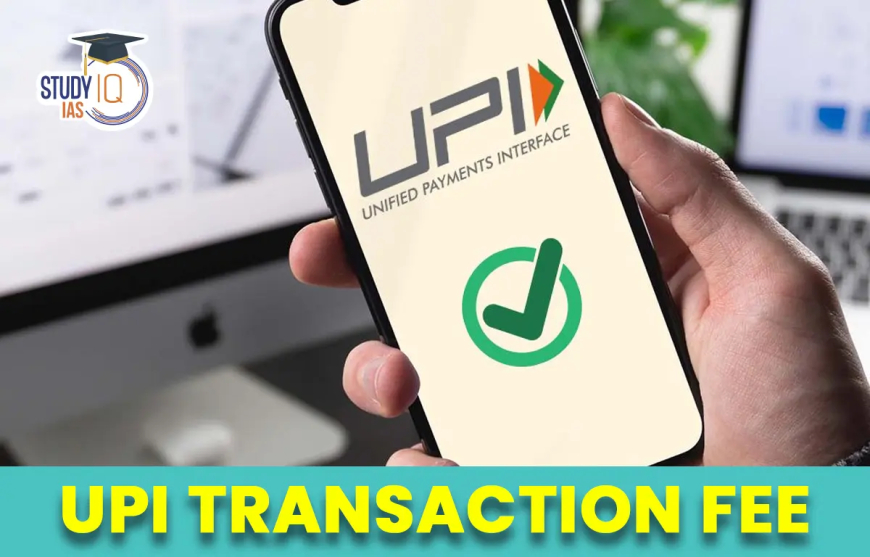UPI Tax? Digital India Was Free, Now Comes the Bill!
The Indian government is considering new charges on UPI transactions. What does this mean for individuals and businesses? Are private payment networks the solution? Read more.

The ‘Free Forever’ Promise – Now Under Threat?

Since its launch, India’s Unified Payments Interface (UPI) has revolutionized digital transactions, offering zero-cost payments to millions. But now, the government and the Reserve Bank of India (RBI) are discussing introducing transaction fees on UPI payments. This raises an important question: Was Digital India ever meant to be truly free?
What’s Changing?
RBI recently suggested that banks and payment providers need a sustainable revenue model for UPI. There are talks of introducing a small fee per transaction, much like the charges on credit cards and digital wallets. The argument? Banks and financial institutions are bearing operational costs and need a revenue stream.
But the real question is: Who will bear the cost?
-
Merchants might pass the burden onto customers by increasing product prices.
-
Consumers may have to pay for every UPI transaction, making cash transactions attractive again.
-
Small businesses that rely on digital payments could suffer higher operational costs.
Why This Move is Anti-Free Market
Digital transactions, unlike cash, leave a trail of financial data that banks and governments can monitor. While this enhances security, it also opens the door to government overreach and financial surveillance. With UPI charges, the government is essentially introducing a "tax on convenience", discouraging a system it once promoted.
Compare this to credit cards and wallets like Paytm, which already charge a merchant discount rate (MDR). The push for UPI taxation is not about sustainability—it’s about controlling financial choices.
What’s the Alternative? Enter Free Market Payment Systems
A true libertarian approach to digital payments would ensure competition and choice. If government-controlled payment systems like UPI start imposing costs, the free market will provide alternatives:
-
Cryptocurrencies like Bitcoin & Monero: Decentralized, private, and borderless transactions—no government-imposed fees.
-
Private Digital Wallets: Companies like PayPal, Apple Pay, or even newer blockchain-based payment networks.
-
Cash & P2P Networks: Going back to direct cash transfers to avoid government-imposed digital fees.
Should the Government Stay Out of Payments?
India’s success with UPI was built on free-market principles, driven by innovation and private-sector partnerships. However, government interference through transaction fees disrupts this model and reduces financial inclusion. A libertarian economy thrives when businesses and individuals can freely choose their preferred payment methods without government-imposed costs.
Conclusion: Fight for Digital Freedom
If UPI becomes another government-controlled toll booth, Indians will need to look for alternative financial networks. It’s time to question whether digital payment systems should be controlled and taxed or left to market-driven innovation.
Would you continue using UPI if it comes with additional charges? Or is it time to switch to Bitcoin?
What's Your Reaction?


















































